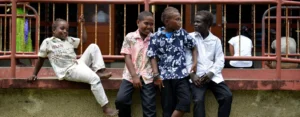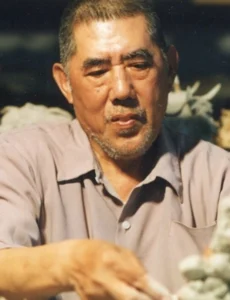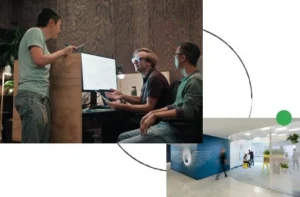The Coronavirus disease is an infectious disease caused by severe acute respiratory syndrome coronavirus 2 (SARS-CoV-2). The disease which was first identified in China in December 2019 has resulted to the ongoing 2019-2020 coronavirus global pandemic.
COVID-19 Situation for Students
As the world is battling to contain the spread of the virus which has now infected more that 1million people in more than 206 countries and territories, students worldwide seem to be the most affected by its consequences. Students are now forced to study at home with schools shutdown and strict measures put in place for people to stay indoors and practice good hygiene as well as social distancing.
Students in Digitally Advanced Countries
In economically and digitally advanced countries, students continue to study hitch free online apart from the fact that the coronavirus global pandemic is affecting their academic concentration. This may be as result of the fear created by the pandemic given that it is a killer disease with more than 64,000 deaths so far. Yet, students in these parts of the world have access to online learning tools from video conferences with lecturers, audio and video notes shared through universities teaching platforms and enough literature material in their online libraries.
Students in Developing Countries
However, these facilities are are limited in most developing countries coupled with poor internet connection. A typical example is Africa where students find it difficult to adapt to online learning because many do not have Android devices such as smartphones, iPads, and laptops needed to facilitate it. This is the situation despite efforts put in place by their governments to combat it and keep the educational sector alive.
Challenges Being Faced by Students
Cameroon is one of such countries where learning online during this period has not been a smooth experience for many students. For secondary school students, majority are either using the Android devices of their parents to connect with teachers on WhatsApp to get notes and other relevant materials for their studies. Yet majority are unable to connect because of poor internet connect or their parents cannot afford Android devices for them. The situation is more or less the same at higher education institutions levels.
Proposed Solutions for Adaptability
At NPGS, we believe that students in Africa can still successfully adapt to online learning despite the challenges posed by COVID-19. The following tips should help:
- Spend time on reading subject related literature like textbooks and articles already at their disposal and those provided by their lecturers.
- Stay connected with other students via Facebook Messenger, WhatsApp chat groups etc to enable them share challenges and experiences.
- Take free online certificate courses that can improve their knowledge and understanding.
- Stay motivated as it can be quite exhausting to be learning without physical contact and interaction with others and instructors.
- Develop and take personal assignments to test knowledge capacity. Share with instructors via email for evaluation, feedback and comments.
- Maintain self discipline by developing a time management strategy that is devote quality time to your studies and know when to read, do assignments etc.
- Set up a dedicated learning environment at home for studying based on personal preferences given that some students work best listening to music while others need peace and quietness.
With the above tips, we believe that students can better organise and adapt to the prevailing circumstances. Make use of the tips and take the following free online course and get your professional certificates while you can: Business Courses on Coursera







